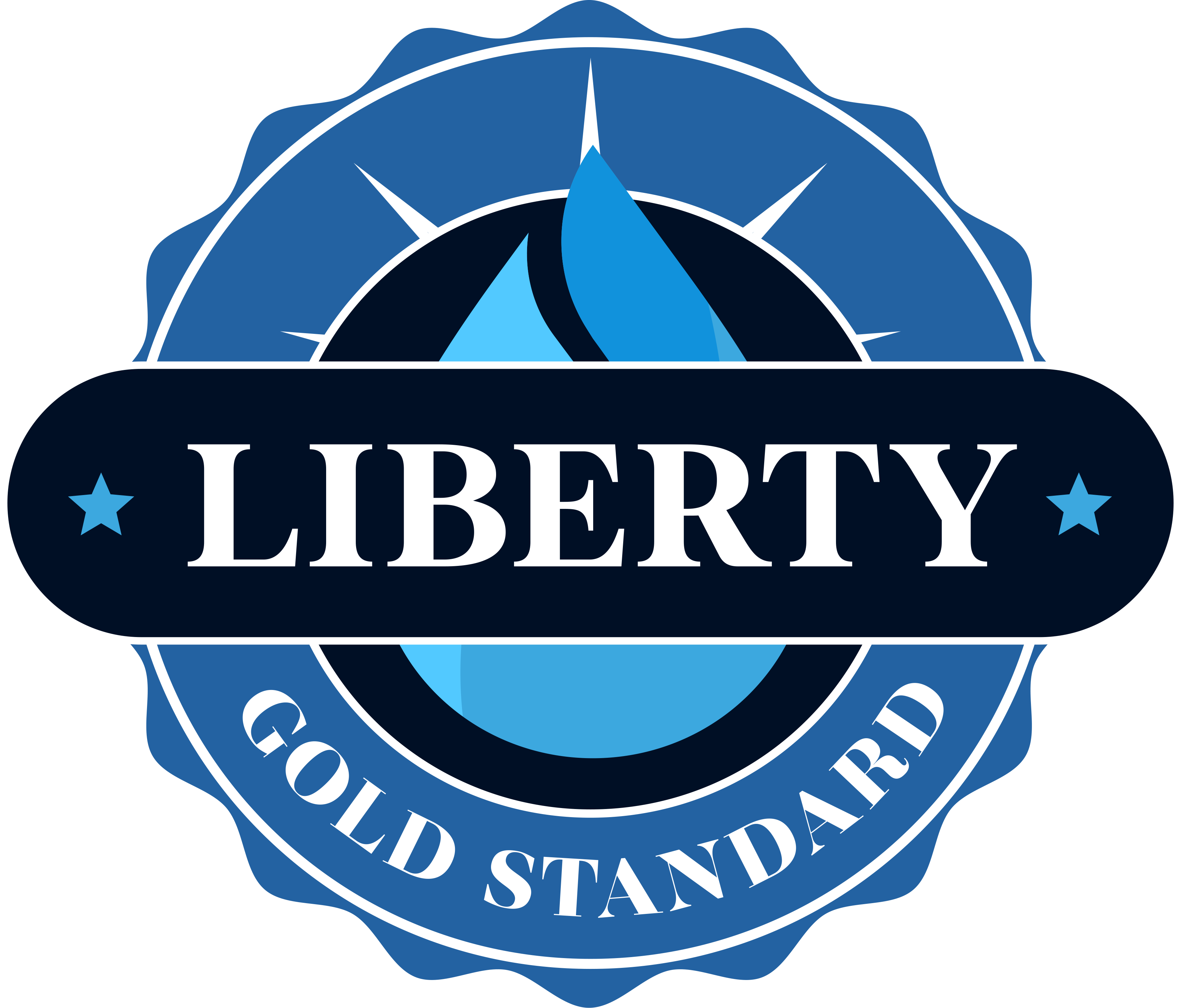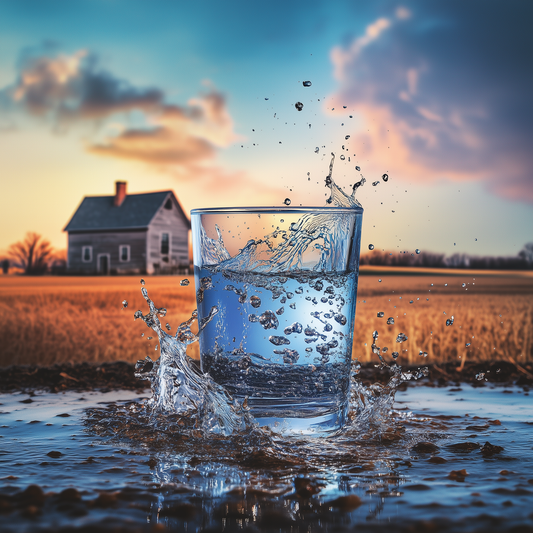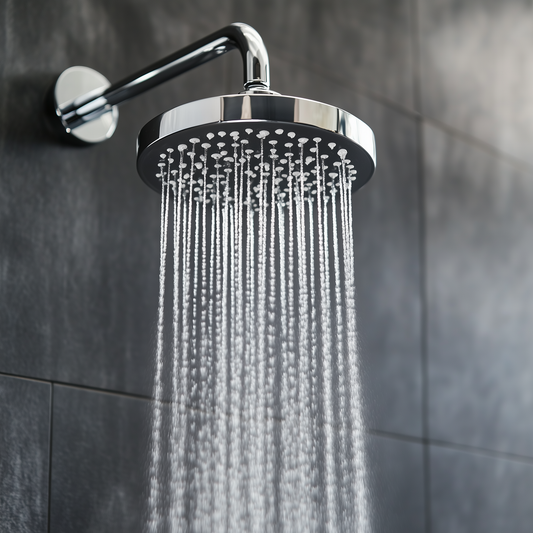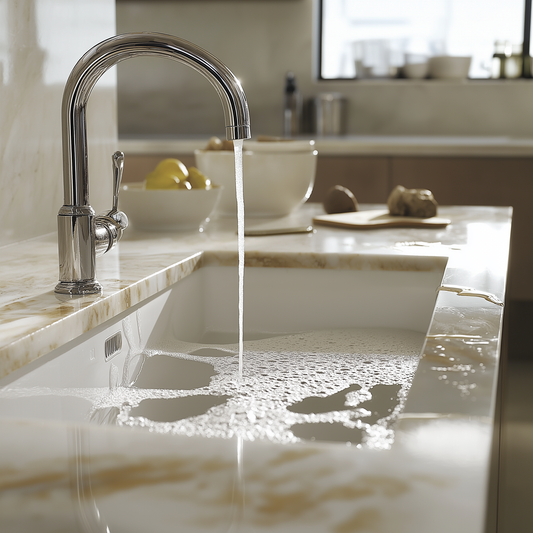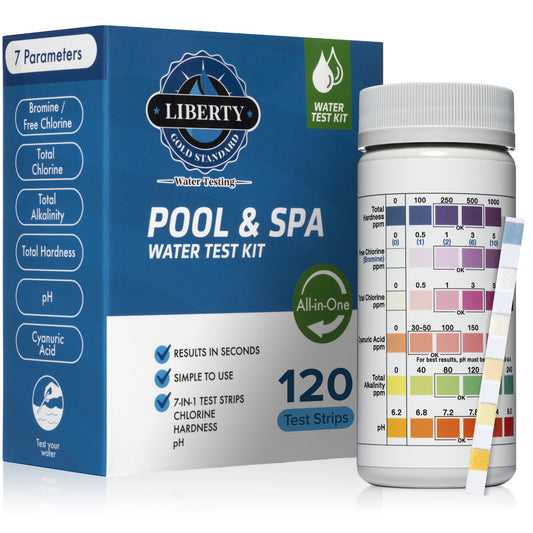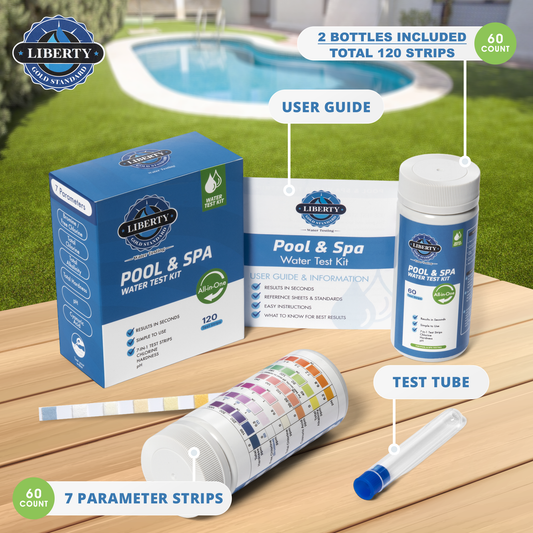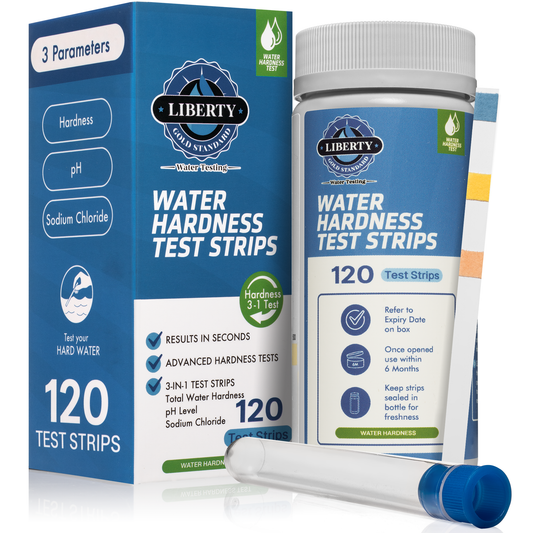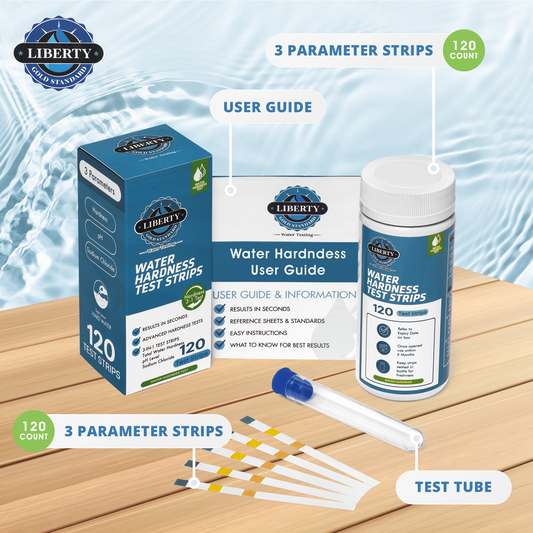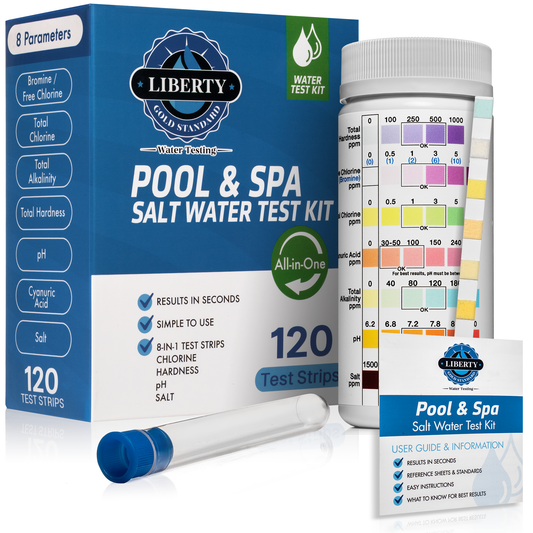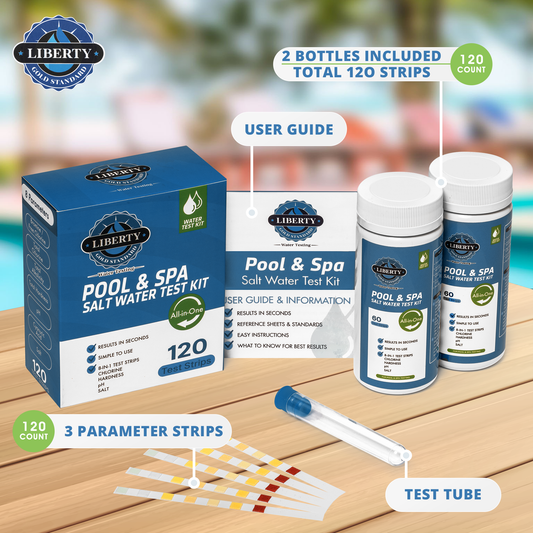The Paris 2024 Olympics have been marred by concerns over the water quality of the Seine River, the iconic waterway set to host several aquatic events. High levels of E. coli detected in the river have forced organizers to consider postponing or relocating these competitions, casting a shadow over the eagerly anticipated games. The Seine River, iconic backdrop to the city and planned venue for marathon swimming and triathlon events, is contaminated with dangerously high levels of E. coli. Test results show that the river has exceeded safe bacteria limits on a staggering 22 out of 30 days between June and July, with contamination levels reaching ten times the acceptable standard. Athletes competing in these events face the risk of ingesting contaminated water, raising serious health concerns.
What is E. coli?
E. coli is a type of bacteria commonly found in the intestines of humans and animals. While most strains are harmless, some can cause serious illness. When present in water, it's a strong indicator of fecal contamination, which can introduce other harmful pathogens into the environment.
Why is E. coli a problem for athletes?
Athletes competing in open water events are at heightened risk of ingesting contaminated water. This can lead to a range of illnesses, including:
- Gastrointestinal infections: Symptoms such as diarrhea, abdominal cramps, and nausea can significantly impact an athlete's performance and recovery.
- Urinary tract infections: E. coli is a common cause of UTIs, which can be painful and debilitating.
- Skin infections: Exposure to contaminated water can lead to skin rashes, irritations, and potentially more serious infections.
These health risks underscore the importance of prioritizing water quality in aquatic sports.
The Importance of Water Testing
The E. coli crisis highlights the critical need for robust water testing protocols. While professional sporting events employ rigorous monitoring, the same level of scrutiny is not always applied to recreational water bodies.
This is where at-home water testing kits like Liberty Gold Standard come in. By empowering individuals to test their water for bacteria, including E. coli, we can take proactive steps to protect our health and that of our families.
Regular water testing, especially during periods of heavy rainfall or other potential contamination events, can help identify issues early on and prevent exposure to harmful bacteria.
As the Paris Olympics grapple with the challenges posed by the Seine River's water quality, it serves as a stark reminder of the importance of clean water for everyone. By investing in water testing and education, we can work towards a future where safe and enjoyable aquatic activities are accessible to all.
